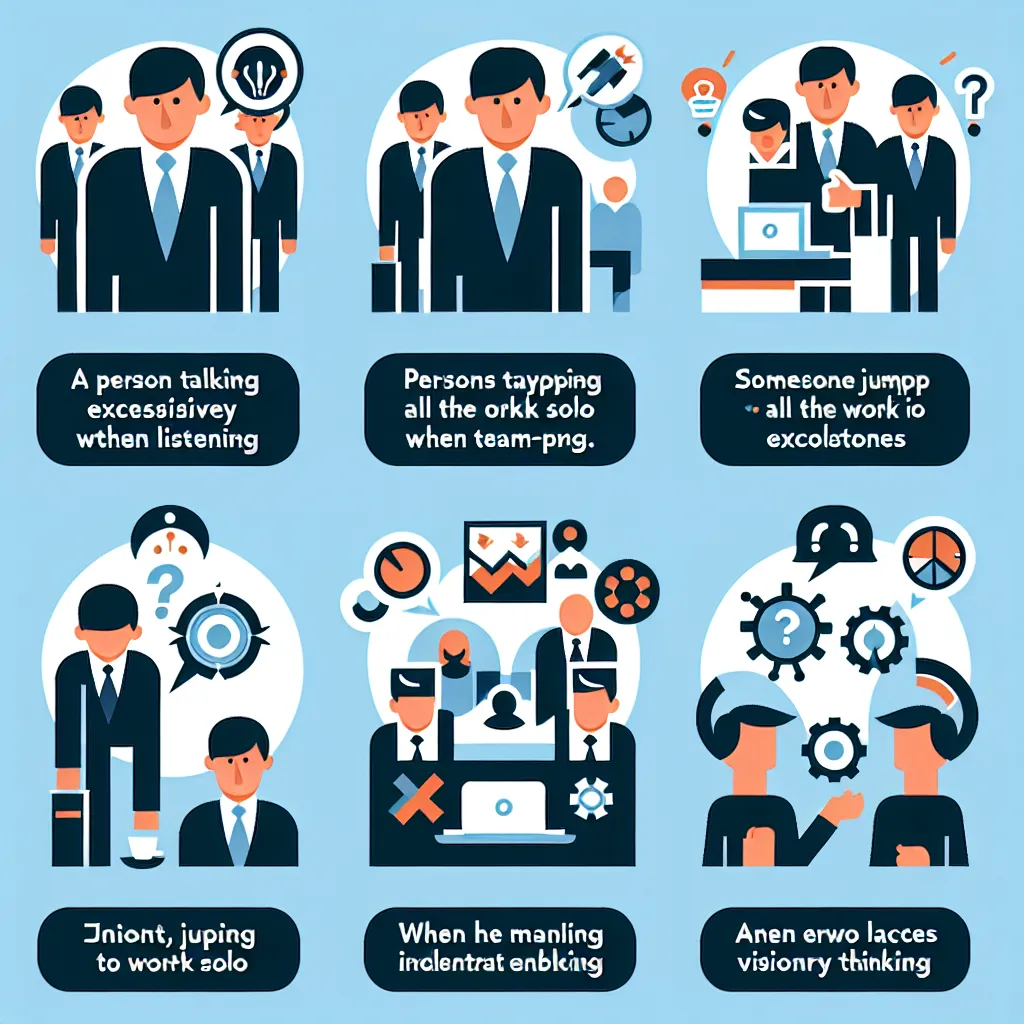In today’s competitive job market, mastering the art of discussing your problem-solving approach during an interview can significantly boost your chances of landing your dream job. Employers value candidates who can effectively tackle challenges and contribute innovative solutions to their organization. This article will guide you through the process of articulating your problem-solving skills confidently and impressively in an interview setting.
Understanding the Importance of Problem-Solving Skills
Problem-solving is a critical skill that employers seek in potential hires across various industries and job levels. It demonstrates your ability to handle challenges, think critically, and contribute to the company’s success. When interviewers ask about your problem-solving approach, they’re looking to assess your analytical skills, creativity, and ability to work under pressure.
 Problem-solving skills in interviews
Problem-solving skills in interviews
How Interviewers Evaluate Problem-Solving Skills
Interviewers typically evaluate problem-solving skills through various lenses:
- Analytical thinking: Your ability to break down complex issues into manageable components.
- Creativity: How you generate innovative solutions to challenges.
- Decision-making: Your capacity to choose the best course of action among alternatives.
- Resilience: How you handle setbacks and adapt to unexpected obstacles.
- Teamwork: Your ability to collaborate with others to solve problems collectively.
Effective Strategies for Discussing Your Problem-Solving Approach
When asked about your problem-solving approach, it’s essential to provide a clear, structured response that highlights your skills and experiences. Here are some strategies to help you articulate your approach effectively:
1. Use the STAR Method
The STAR (Situation, Task, Action, Result) method is an excellent framework for structuring your response:
- Situation: Describe the context of the problem you faced.
- Task: Explain your role and responsibilities in addressing the issue.
- Action: Detail the steps you took to solve the problem.
- Result: Share the outcomes of your actions and any lessons learned.
Example:
“In my previous role as a project manager, we faced a significant delay in product delivery due to supply chain issues (Situation). I was tasked with finding a solution to meet our deadline (Task). I immediately conducted a thorough analysis of our supply chain, identified alternative suppliers, and negotiated expedited shipping terms (Action). As a result, we were able to deliver the product on time and under budget, which led to a 15% increase in customer satisfaction scores (Result).”
2. Emphasize Your Systematic Approach
Highlight your methodical process for tackling problems:
- Problem identification
- Information gathering
- Analysis of potential solutions
- Decision-making
- Implementation
- Evaluation of results
Example:
“When approaching a problem, I first ensure I have a clear understanding of the issue at hand. I gather all relevant information, analyze potential solutions, and consider their pros and cons. After selecting the most viable option, I create an action plan, implement it, and continuously monitor progress, making adjustments as necessary.”
3. Showcase Your Adaptability
Demonstrate your ability to adjust your approach based on the specific situation:
“While I have a structured approach to problem-solving, I’m also flexible and can adapt my methods depending on the nature of the problem and the resources available. For instance, in urgent situations, I might prioritize quick decision-making over extensive analysis.”
4. Highlight Collaboration Skills
Emphasize your ability to work with others to solve problems:
“I believe in the power of collaborative problem-solving. When faced with complex issues, I often involve team members with diverse expertise to brainstorm solutions. This approach has consistently led to more innovative and comprehensive solutions.”
Common Interview Questions and Sample Answers
Here are some typical problem-solving questions you might encounter in an interview, along with suggested responses:
-
Q: “Can you describe a time when you faced a significant challenge at work? How did you approach it?”
A: Use the STAR method to structure your response, focusing on a specific example that showcases your problem-solving skills. -
Q: “How do you handle unexpected obstacles in a project?”
A: “I remain calm and assess the situation objectively. I quickly gather information, consult with team members if necessary, and develop a plan to address the obstacle while keeping the project’s overall goals in mind.” -
Q: “What’s your approach to making decisions under pressure?”
A: “I focus on prioritizing the most critical factors, gathering essential information quickly, and making a decision based on the best available data. I’m not afraid to make tough calls when necessary, but I also know when to seek input from others.”
Tips for Handling Questions Outside Your Expertise
Sometimes, you may encounter questions about problems that fall outside your area of expertise. Here’s how to handle such situations:
- Be honest: Acknowledge that the specific issue is not within your direct experience.
- Focus on transferable skills: Explain how your problem-solving approach can be applied to various situations.
- Show eagerness to learn: Express your willingness to acquire new knowledge and skills to address such challenges.
Example:
“While I haven’t directly dealt with that specific issue, my problem-solving approach is adaptable to various situations. I’m confident that by applying my analytical skills and collaborating with team members who have relevant expertise, I could effectively address the challenge. I’m also always eager to learn and would see this as an opportunity to expand my knowledge in that area.”
Common Mistakes to Avoid When Discussing Problem-Solving
When discussing your problem-solving approach, be careful to avoid these common pitfalls:
- Being too vague: Provide specific examples and details to illustrate your points.
- Overemphasizing individual contributions: Acknowledge the role of teamwork in problem-solving.
- Focusing only on the solution: Don’t forget to discuss your thought process and the steps you took to reach the solution.
- Neglecting to mention lessons learned: Always include insights gained from your problem-solving experiences.
- Failing to adapt to the company’s context: Try to align your examples with the potential challenges you might face in the role you’re interviewing for.
 Common mistakes in discussing problem-solving
Common mistakes in discussing problem-solving
Follow-up Questions and Suggested Answers
Here are some follow-up questions interviewers might ask, along with suggested responses:
-
Q: “How do you prioritize problems when faced with multiple issues?”
A: “I assess the urgency and potential impact of each problem. I consider factors like deadlines, resource availability, and the consequences of delaying action. This helps me create a prioritized list and tackle issues in order of importance.” -
Q: “Can you give an example of a creative solution you’ve implemented?”
A: Provide a specific example using the STAR method, emphasizing the innovative aspects of your solution. -
Q: “How do you handle disagreements with team members during problem-solving?”
A: “I encourage open dialogue and active listening. I try to understand different perspectives and find common ground. If necessary, I use data and objective criteria to guide decision-making and build consensus.” -
Q: “What resources do you typically use when solving complex problems?”
A: “I rely on a combination of internal expertise, industry best practices, and data analysis tools. I also value input from colleagues and, when appropriate, seek advice from mentors or industry experts.” -
Q: “How do you ensure that your problem-solving approach aligns with company goals?”
A: “I always start by understanding the broader context and objectives of the organization. I make sure to consider how potential solutions align with company values, long-term strategies, and key performance indicators.”
Conclusion
Effectively discussing your problem-solving approach in an interview is a valuable skill that can set you apart from other candidates. By following the strategies outlined in this article, you can confidently showcase your abilities and demonstrate your potential value to prospective employers. Remember to provide specific examples, highlight your systematic approach, and emphasize your adaptability and collaboration skills. With practice and preparation, you’ll be well-equipped to impress interviewers with your problem-solving prowess.
For more insights on acing your job interview, check out our articles on how to explain your strengths and weaknesses in English and how to talk about your organizational skills in an interview.




